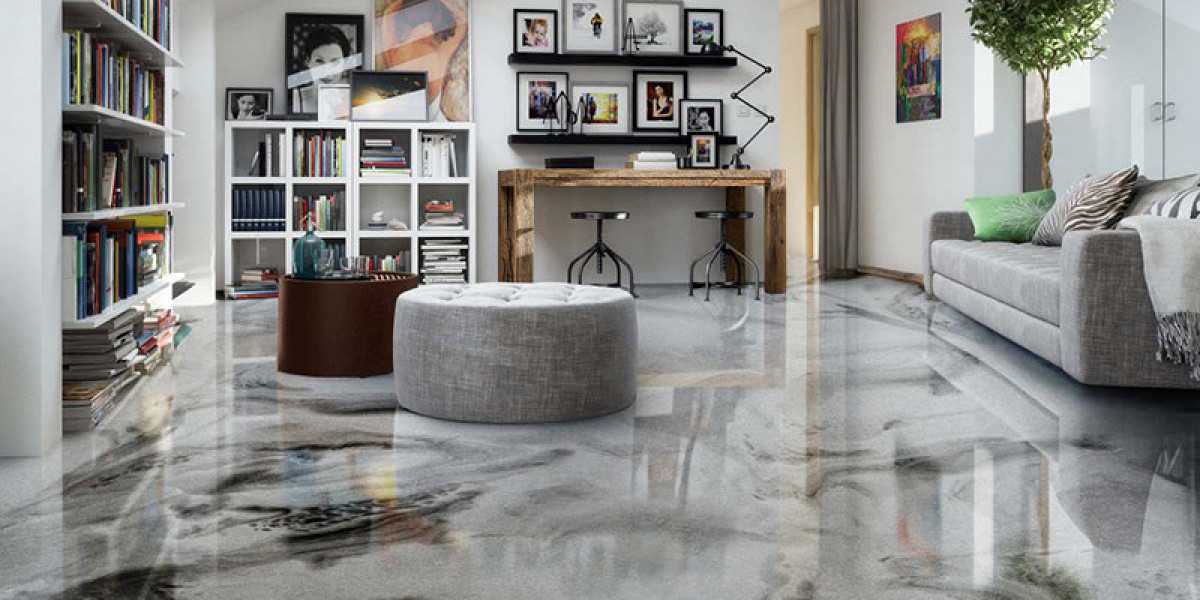Skin esthetics have become more than just a beauty trend; it’s an essential part of self-care and confidence-building. As our largest organ, the skin not only protects us but also reflects our overall health and well-being. Whether you're dealing with acne, dryness, signs of aging, or simply seeking to enhance your natural glow, understanding skin esthetics can transform your approach to skincare. This comprehensive guide will delve into the science, techniques, and tips to help you achieve radiant, healthy skin.
Understanding Skin Esthetics: The Foundation of Beauty:
The term Skin esthetics refers to the practice of maintaining and improving the health and appearance of your skin through specialized techniques, treatments, and products. Here are some fundamental principles:
Skin Types and Their Characteristics:
Knowing your skin type is the cornerstone of effective skincare. The primary skin types include:
Normal:
Balanced and not too oily or dry.
Oily:
Prone to excess sebum production, leading to shine and potential breakouts.
Dry:
Lacks moisture, often feeling tight or flaky.
Combination:
A mix of oily and dry areas, typically in the T-zone.
Sensitive:
Reacts easily to products or environmental changes.
Understanding your skin type helps in selecting appropriate products and treatments, ensuring optimal results.
The Importance of Skin Barrier Health:
Your skin barrier is the outermost layer that protects against environmental damage and locks in moisture. A compromised barrier can lead to sensitivity, dryness, and breakouts. Key tips for maintaining a healthy skin barrier include:
Using gentle cleansers.
Avoiding over-exfoliation.
Incorporating barrier-repair ingredients like ceramides and fatty acids.
The Role of Professional Skin Treatments:
While a solid at-home routine is vital, professional treatments can elevate your skincare journey. Here are some popular options:
Facials: The Ultimate Relaxation and Renewal:
Professional facials address specific concerns like acne, dullness, or dehydration. Treatments often include cleansing, exfoliation, extraction, and hydration.
Chemical Peels for a Fresh Start
Chemical peels remove dead skin cells and stimulate cell renewal. They vary in intensity, from light peels for a quick glow to deep peels for addressing wrinkles and scars.
Microdermabrasion and Dermaplaning:
Both techniques provide physical exfoliation. Microdermabrasion uses fine crystals to slough off dead skin, while dermaplaning involves a blade to remove peach fuzz and dead cells, leaving the skin smooth and receptive to products.
Laser and Light Therapy:
Laser treatments target pigmentation, redness, or acne scars, while LED light therapy addresses concerns like inflammation and collagen production. Consult with a licensed professional to determine the right option for your needs.
Building Your At-Home Skincare Routine:
An effective daily skincare regimen is crucial for maintaining long-term results. Here's a step-by-step guide:
Cleansing: The First Step
Begin and end your day with a gentle cleanser to remove impurities without stripping your skin’s natural oils.
Toning for Balance:
Toners help balance your skin's pH levels and prepare it for better absorption of subsequent products.
Treating Concerns:
This step includes serums or treatments targeting specific issues such as acne, hyperpigmentation, or fine lines. Popular active ingredients include:
Vitamin C:
Brightens skin and fights free radicals.
Hyaluronic Acid:
Provides deep hydration.
Retinol:
Stimulates collagen and speeds up cell turnover.
Moisturizing for Hydration
Regardless of your skin type, moisturizers help lock in hydration and strengthen the skin barrier. Choose a formula suited to your needs—lightweight gels for oily skin or rich creams for dry skin.
Sun Protection: A Non-Negotiable
Daily sunscreen use prevents premature aging and protects against harmful UV rays. Opt for SPF 30 or higher for effective coverage.
Lifestyle Factors That Influence Skin Esthetics:
Skincare isn’t just about products; your lifestyle choices play a significant role in your skin’s health.
Nutrition: Beauty from the Inside Out:
A balanced diet rich in antioxidants, healthy fats, and vitamins supports skin health. Incorporate foods like berries, salmon, avocados, and leafy greens for a radiant complexion.
Hydration is Key:
Drinking enough water flushes out toxins and keeps your skin plump and hydrated.
Sleep: The Ultimate Skin Restorer:
During sleep, your body repairs itself, including your skin. Aim for 7-9 hours of quality rest to wake up with a refreshed glow.
Stress Management:
Chronic stress can wreak havoc on your skin, causing breakouts and dullness. Practice mindfulness, yoga, or any activity that helps you relax.
Conclusion: Embrace Your Journey to Healthy Skin:
Skin esthetics is not a one-size-fits-all approach but a personalized journey. By understanding your skin's unique needs, incorporating professional treatments, and maintaining a consistent at-home routine, you can achieve a luminous complexion that boosts your confidence. Remember, your skin reflects your inner well-being, so nurture it with care, patience, and love. Start your journey today and embrace the art of radiant skin esthetics.








